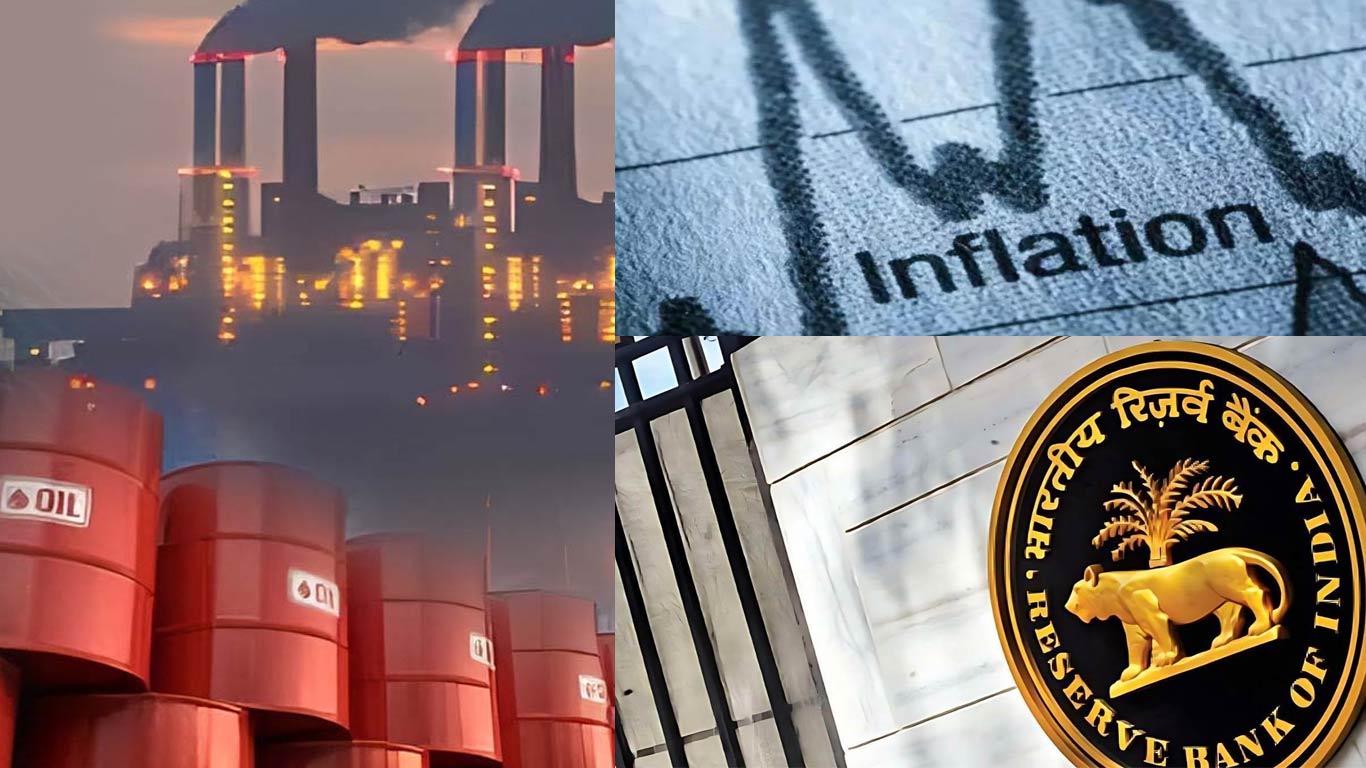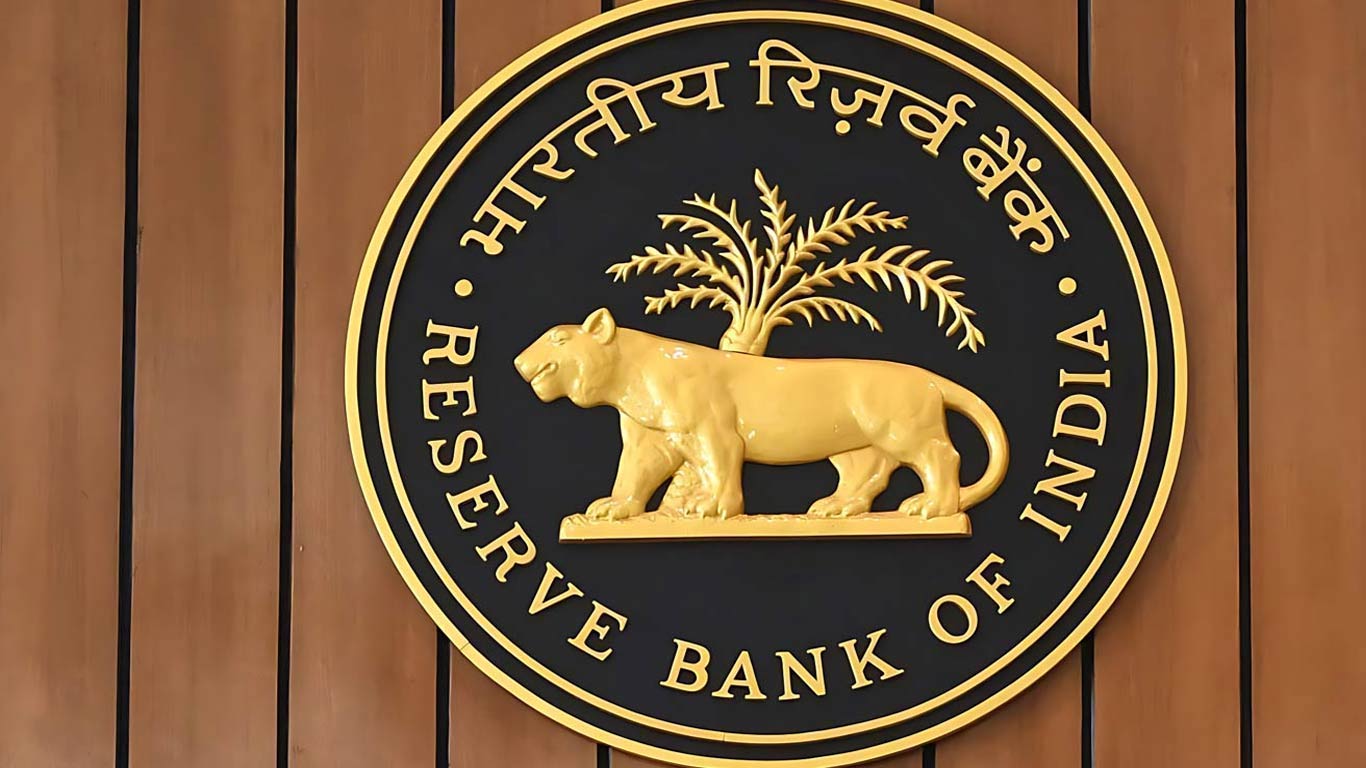Anti-dumping duty to be imposed on Sodium Perchlorate from China
Updated: Jul 05, 2013 04:14:06pm

The move is intended to protect domestic units from cheap imports, as recommended by the Directorate General of Anti-dumping and Allied Duties (DGAD), according to an official notification from the Commerce Ministry.
Imports of the chemical from China had increased from 628 tonne in 2008-09 to 1,244 tonne in 2010-11.
Increased imports of the Chinese chemical, as per the findings of the Directorate, have caused ‘material injury’ to the domestic sector.
Further, the chemical has been exported to India from China below its normal value.
DGAD is of the view that imposition of definitive duty is required to offset dumping of subject goods (the chemical) into India and consequent injury caused to domestic industry.
While anti-dumping duty is recommended by the Commerce Ministry, it is the duty of the Finance Ministry to impose the same. However, unlike safeguard duties, which are levied in a uniform way, anti-dumping duties vary from product to product and from country to country.
Many countries initiate anti-dumping probes to check if domestic industry has been hurt because of a surge in below- cost imports. To offset that, they impose duties under the multilateral WTO regime.
According to WTO, GATT’s Article 6 allows anti-dumping duties to be imposed on goods that are deemed to be dumped and causing injury to producers of competing products in the importing country. These duties are equal to the difference between the goods’ export price and their normal value, if dumping causes injury.
If a company exports a product at a price lower than the price it normally charges on its own home market, it is said to be “dumping” the product. Is this unfair competition? Opinions differ, but many governments take action against dumping in order to defend their domestic industries.
The WTO agreement however does not pass judgement. Its focus is on how governments can or cannot react to dumping — it disciplines anti-dumping actions, and it is often called the “Anti-Dumping Agreement.” (KNN)











